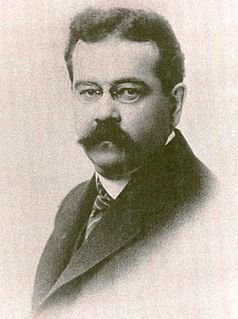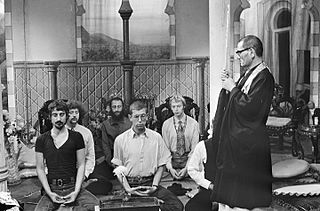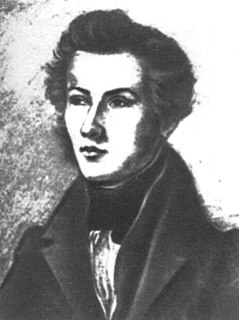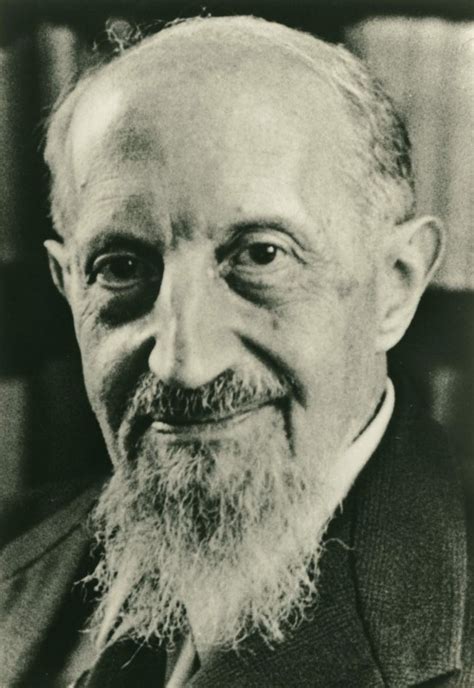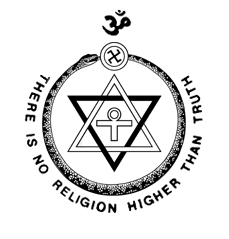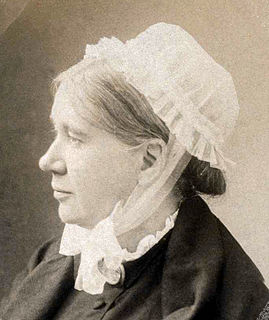A Quote by Herbert Spencer
As there must be moderation in other things, so there must be moderation in self-criticism. Perpetual contemplation of our own actions produces a morbid consciousness, quite unlike that normal consciousness accompanying right actions spontaneously done; and from a state of unstable equilibrium long maintained by effort, there is apt to be a fall towards stable equilibrium, in which the primitive nature reasserts itself. Retrogression rather than progression may hence result.
Quote Topics
Actions
Apt
Consciousness
Contemplation
Criticism
Done
Effort
Equilibrium
Fall
Hence
Itself
Long
Maintained
May
Moderation
Morbid
Must
Nature
Normal
Other
Our
Own
Perpetual
Primitive
Produces
Progression
Quite
Rather
Result
Right
Right Action
Self
Spontaneously
Stable
State
Than
Things
Towards
Unlike
Unstable
Which
Related Quotes
Our business is to wake up. We have to find ways in which to detect the whole of reality in the one illusory part which our self-centered consciousness permits us to see. We must not live thoughtlessly, taking our illusion for the complete reality, but at the same time we must not live too thoughtfully in the sense of trying to escape from the dream state. We must be continuously on watch for ways in which we may enlarge our consciousness.
Behavior influences consciousness. Right behavior means right consciousness. Our attitude here and now influences the entire environment: our words, actions, ways of holding and moving ourselves, they all influence what happens around us and inside us. The actions of every instant, every day, must be right...Every gesture is important. How we eat, how we put on our clothes, how we wash ourselves, how we go to the toilet, how we put our things away, how we act with other people, family, wife, work - how we are: totally, in every single gesture.
Therefore, criticism has to direct itself against itself, and against the mysterious Substance in which it has up to now hid itself. In this way criticism must resolve things such that the development of this Substance drives itself forward to the Universality and Certainty of the Idea of its actual existence, the Eternal Self-consciousness.
I consider morals and aesthetics one and the same, for they cover only one impulse, one drive inherent in our consciousness - to bring our life and all our actions into a satisfactory relationship with the events of the world as our consciousness wants it to be, in harmony with our life and according to the laws of consciousness itself.
In history an additional result is commonly produced by human actions beyond that which they aim at and obtain -- that which they immediately recognize and desire. They gratify their own interest; but something further is thereby accomplished, latent in the actions in question, though not present to their consciousness, and not included in their design.
We are dominated by everything with which our self is identified. We can dominate and control everything from which we disidentify ourselves. The normal mistake we all make is to identify ourselves with some content of consciousness rather than with consciousness itself. Some people get their identity from their feelings, others from their thoughts, others from their social roles. But this identification with a part of the personality destroys the freedom which comes from the experience of the pure “I”.
The student should bear in mind that the very essence of consciousness is constantly to identify itself with the Not-Self, and as constantly to re-assert itself by rejecting the Not-Self. Consciousness, in fact, consists of this alternating assertion and negation - "I am this" - "I am not this." Hence consciousness is, and causes in matter, the attracting and repelling that we call a vibration.
True inward quietness is not that which may be produced by shutting out all outward causes of distraction -- a process which, when carried out too severely, may intensify the inward ferment of the mind, especially in the young. It is rather a state of stable equilibrium; it is not vacancy, but stability -- the steadfastness of a single purpose.
Thus the law of nature stands as an eternal rule to all men, legislators as well as others. The rules that they make for other mens actions, must, as well as their own and other mens actions, be conformable to the law of nature, i.e. to the will of God, of which that is a declaration, and the fundamental law of nature being the preservation of mankind, no human sanction can be good, or valid against it.

